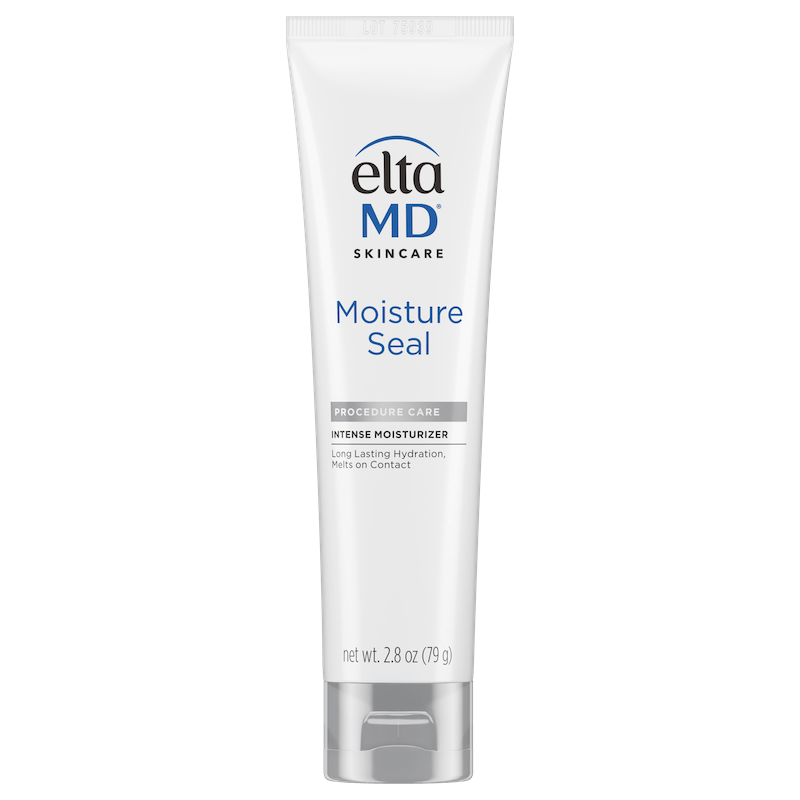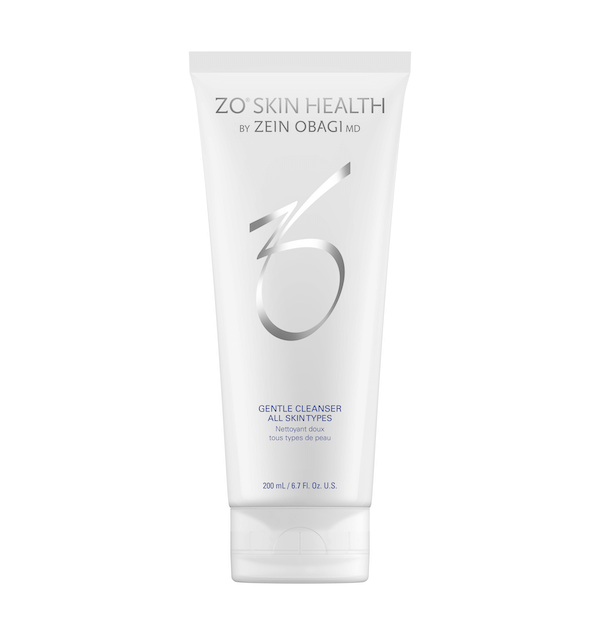6 Steps for Controlling Eczema During Winter
Try Our Tips
 Eczema is irritating enough in the hot summer months, but by the time winter rolls around, eczema sufferers without the right eczema management and advice are miserable.
Eczema is irritating enough in the hot summer months, but by the time winter rolls around, eczema sufferers without the right eczema management and advice are miserable.Did you know that, by age 5, 1 in 10 children will be diagnosed with eczema? That said, some people develop eczema for the first time as adults. If you suffer from eczema, winter comes with some pretty uncomfortable challenges.
We’d like to share some tips and tricks our dermatologists give our eczema patients to make it through the winter months in as little pain or agony as possible! Give a few of these suggestions a try, and see what works best for you.
Step 1: Meet with your Dermatologist
If you or your child has eczema, you owe it to yourself to meet with your dermatologist. Why? Well, there are several different types of eczema, each with its unique twists and turns. You need to know what you’re working with to arm yourself with the right remedies.
Step 2: Avoid Irritants
This step is crucial for a person with eczema. All sorts of things in our homes, cars, and offices would qualify as an “irritant” to eczema. To the extent that you can, control your exposure to irritants such as:
- Fabric softener
- Scented laundry detergent
- Certain dyes in clothing
- Fragrances
- Certain fabrics
Wool, although very warm in the wintertime, can irritate a person with eczema. These are some general rules of thumb; you’ll have to experiment to see which lotions and potions send you over the edge with a scratching fit. These are good guidelines that seem to be shared by most people with eczema.
Step 3: Use an Air Purifier
Speaking of irritants, we aren’t throwing the windows and doors open wide in the winter months, nor are we going in and out of the house as much as we are in other seasons. This means additional irritants such as dust mites and other natural irritants are trapped in your home with no escape. An air purifier will keep these at bay and reduce the number of natural irritants that can touch your skin.
Even with an air purifier, every week or so, open the windows and doors and let your house air out a little. It will be cold, but it’s a great way of keeping irritants out of the house and using the air purifier.
Step 4: Use A Humidifier
Even though it may be wet outside with snow and ice, the air is generally dry in the wintertime. Therefore, you should use a humidifier designed to put moist air back into your space. You might think about using a different humidifier in each room where you spend most of your time, especially in your bedroom at night, when eczema itching seems to be at its worst.
Step 5: Short, Lukewarm Showers
Again, you’d think that a shower would be beneficial to your skin if you have eczema since it is a condition that is troublesome because it leaves you lacking in moisture. However, excessive water exposure can strip away the natural oils and sebum from your skin, leaving you vulnerable to bacterial infections. And the hotter and longer the shower, the more natural oils are stripped away from your body.
That said, here are a few beneficial things about taking a shower for an eczema sufferer:
- You rid your body of any bacteria you came across that day. This lessens the chances that you’ll cause an infection if you’ve got an open scratch wound on your body.
- Moisturizing the moment you get out of the shower will improve your chances of your body absorbing moisture.
We recommend holding your showers to a maximum of 10 minutes. No matter how much you enjoy a good, hot shower, keep the water lukewarm to avoid irritating your eczema.
Bottom Line - Add Moisture and Limit Irritants
If you can do even a few of the things we’ve talked about, then you stand a chance of surviving the winter with as little eczema discomfort as possible. Sometimes, it’s just a matter of being aware that some of the things you used to do naturally now make your eczema uncomfortable. It’s easy to reach for that heavily scented laundry detergent without thinking about its itchy consequences. Turn around, get the scent-free kind, and get into the habit of thinking that way. Have your family establish new habits regarding the irritants they introduce into your environment, and you’ll go a long way toward getting some relief from winter eczema.

Eczema Relief Starts At Cumberland Skin
With a professional, board-certified dermatologist by your side, you can get relief from your eczema—even during the harsh winter months! Reach out to our experienced team of providers to learn more about how we help patients create their ideal winter skincare routine.
Featured Products for Eczema

EltaMD Moisture Seal
EltaMD® Moisture Seal melts on contact and locks in moisture for up to 24 hours. It spreads easily, forming a protective layer over the skin. This intense occlusive moisturizer helps soothe dry, flaky, intact skin after procedures. This waterless, preservative-free formulation is designed for delicate skin resulting from cosmetic or medical treatments.

ZO® Gentle Cleanser All Skin Types
Cleanses impurities for refreshed-feeling skin. 200 mL / 6.7 Fl. OZ
Related Blog Posts

- General Dermatology
- Skin Care
We’ll talk about some of the solutions to winter skin and share advice our clients give them on switching to their winter skincare routine.
Read More


